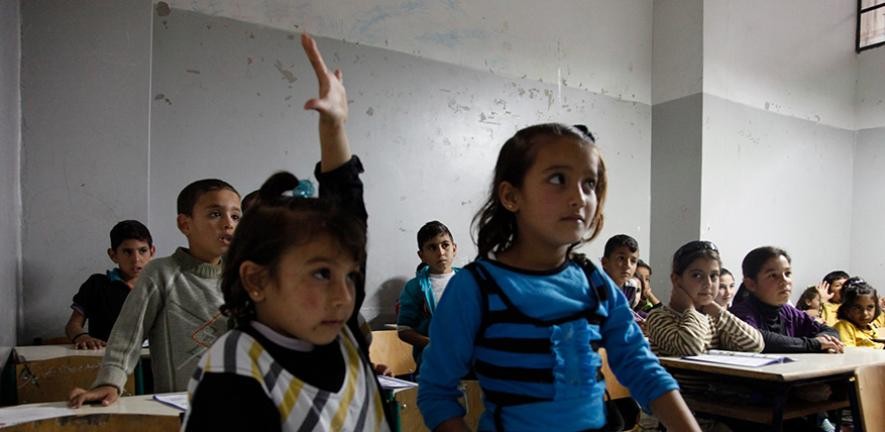
Lebanese children have lost up to 60% of their schooling over the past six years, with the ongoing Israel-Hezbollah conflict further deepening an already severe education crisis, according to new research by the Centre for Lebanese Studies and University of Cambridge.
The study, conducted in late October, reveals the devastating impact on over 1 million students and 45,000 teachers directly affected by the conflict. About 40% of public schools have been converted to shelters, while another 30% are located in war zones, severely limiting educational spaces.
"The war has deepened learning losses that were already near-catastrophic," says Dr. Maha Shuayb, Director of the Centre for Lebanese Studies. The crisis compounds existing challenges faced by Lebanese schools, including refugee influxes, financial instability, the 2020 Beirut explosion, and COVID-19 pandemic disruptions.
The research, based on surveys of 1,151 parents and teachers, highlights stark disparities in education access. In conflict-heavy regions like Baalbek-Hermel, South Lebanon, and Nabatiyyeh, almost no schools are physically open. While some institutions attempt online learning, many families lack basic requirements - only 49% of parents report having internet access.
Financial pressures have intensified the crisis, with 77% of parents and 66% of teachers reporting reduced incomes amid rising living costs. The situation is particularly dire for refugee children and students with disabilities, with an estimated 5,000 disabled children out of school.
Despite the Ministry of Education's attempts to restart schooling in November, many teachers and families report significant obstacles. "The authorities claim that the school year has been launched successfully, but this isn't reflective of reality," one teacher stated in the study.
The researchers emphasize the need for flexible, inclusive strategies that consider local circumstances and challenges. They recommend closer collaboration between government agencies, NGOs, universities, and disability-focused organizations to address infrastructure gaps, financial instability, and digital teaching capacity.
Even with a potential ceasefire, the education system faces ongoing challenges. Displaced families may remain away from home, schools need repairs, and students require support for trauma recovery. The study concludes that without comprehensive planning, existing educational inequalities will likely worsen, potentially leaving an entire generation behind.